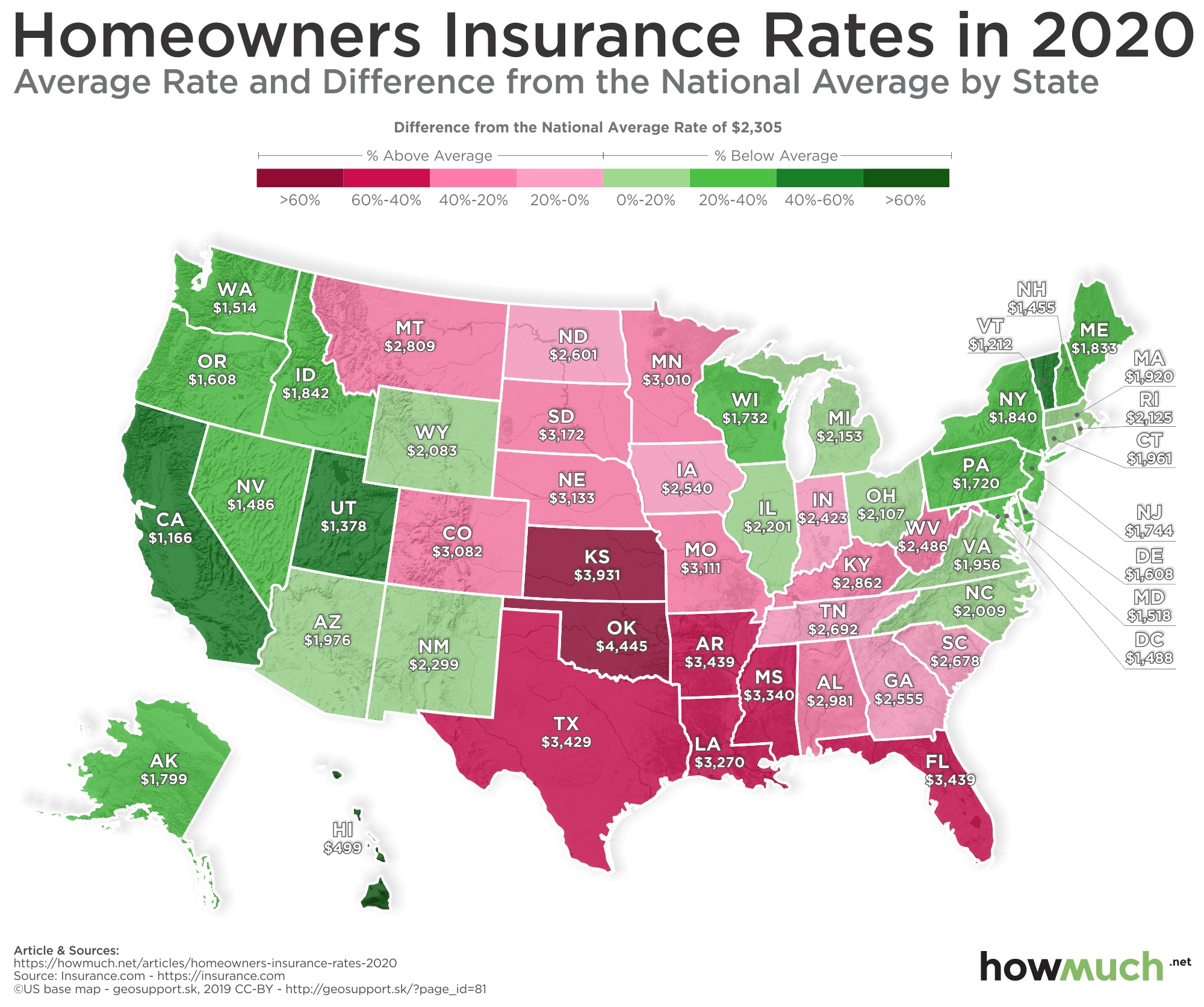
It can sometimes be difficult to understand healthcare terminology. This information is intended to assist you in understanding the process.
An exclusive provider organization (EPO) is a health plan that combines features of a HMO and a PPO. This type of plan can store electronic medical records. You will only need the services of providers in your network. You will be charged more if you require care outside the network. There may be a higher cost-sharing.
A health maintenance policy (HMP), which covers all medical costs, deductibles, coinsurance, and copayments is a type o insurance that provides coverage. Your benefits will not be dependent on the network you have, unlike a PPPO. When you see a provider outside of the network, your insurance will cover only the costs for services provided.
The Patient as Partner Approach is a way to involve patients in the healthcare system. It recognizes that patients' experiential knowledge is as important as the HCP's scientific knowledge. It also encourages patients and others to become involved in their care. A patient might choose to consult with a doctor by phone or get a second opinion.

Electronic Medical Records (EMRs) are computerized systems that store all your clinical data. They are usually used to record and monitor your care, including a deductible and copayments.
Behavioral health refers to a variety treatment options for mental or substance abuse. These options include counseling and medication administration. Both ambulatory and hospital emergency rooms can offer behavioral healthcare.
Electronic prescribing is a way for pharmacies to electronically share patient information. Electronic prescribing uses computerized systems for transferring prescription information from the doctor's office into a pharmacy.
Your claims may be reviewed by insurance companies before being paid. The insurer will reimburse you if the claim meets certain standards. Preauthorization and precertification are required for certain insurance plans.
HIPAA is the Health Information Privacy Act. It establishes standardized security standards to allow the exchange of sensitive information. It is administered by the Department of Health and Human Services and Centers for Medicare and Medicaid Services.

The Affordable Health Care Act (ACA), which requires all health plans to offer coverage, requires four levels. These levels vary based on your household's income, number of dependents, and the level of assistance that the government provides.
The annual deductible limits your healthcare expenses for the year. If you have an accident, or are diagnosed with a major illness, your annual deductible caps the amount of healthcare you can afford before your insurance kicks in. This does not include visits to hospitals or doctors out of network. Also, if you are hospitalized, your deductible only applies to the amount you spend for care during the time you are there.
Finally, your HSA (health savings account) allows you to use your money to pay for healthcare costs that your insurance does not cover. HSAs are tax-advantaged savings account that can be used for healthcare services not covered by your plan.